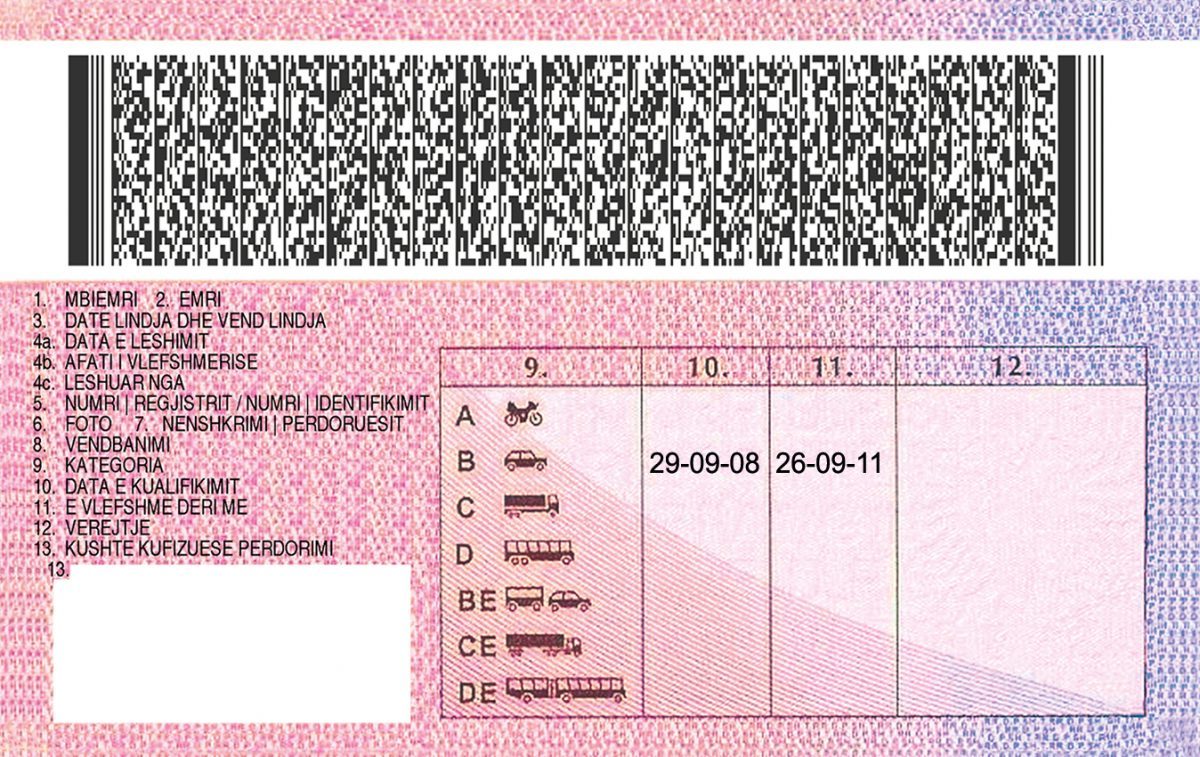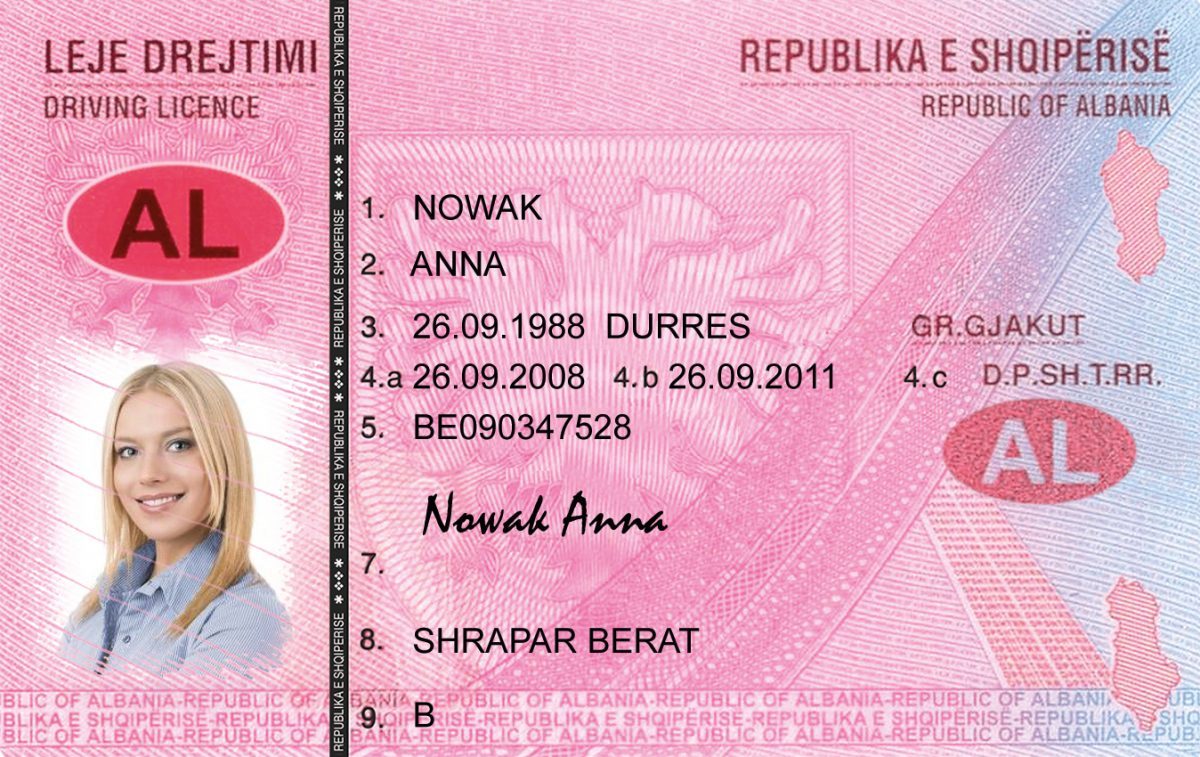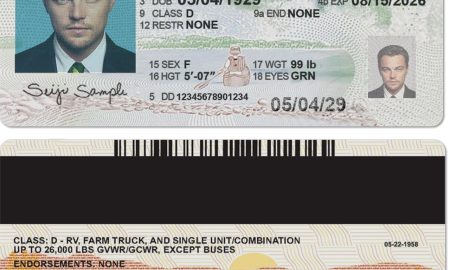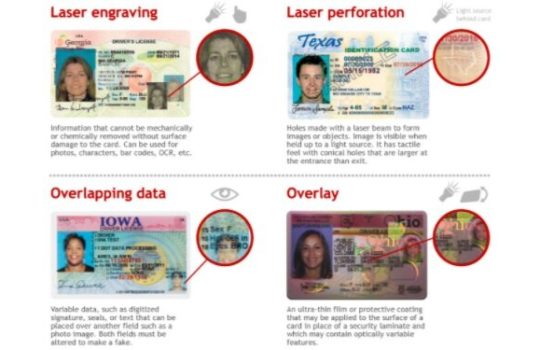Kansas Scannable Fake Id Website
2023-07-02 2023-07-02 1:40Kansas Scannable Fake Id Website

Kansas Scannable Fake Id Website
Minnesota Fake Driver License
New Jersey Fake Driver License
Title: The Kansas Scannable Fake ID Website: A Closer Look into the World of Counterfeit Identification
Introduction:
The proliferation of fake identification documents has become an increasingly prevalent issue, inspiring individuals to seek shortcuts for age restrictions or to engage in illicit activities. Amidst this landscape, the emergence of the “Kansas Scannable Fake ID Website” has garnered attention as a platform offering counterfeit identification cards. This article will delve into the controversial world of fake IDs, shedding light on the rise of this specific website and exploring the potential implications it poses to society.
I. Understanding the Attraction to Fake IDs:
1. The Age Factor:
Underage individuals often resort to acquiring fake IDs to gain entry into age-restricted venues or purchase age-limited products, such as alcohol or tobacco.
2. Criminal Activities:
Criminals frequently employ fake IDs to commit identity theft, aid illegal immigration, or engage in fraudulent financial transactions, showcasing the broader ramifications of counterfeit identification.
II. The Rise and Operations of the Kansas Scannable Fake ID Website:
1. The Website’s Emergence:
The Kansas Scannable Fake ID website has gained recognition for its ability to craft fake identification cards resembling legitimate Kansas driver’s licenses, complete with scannable barcodes.
2. User Experience and Credentials:
This platform allegedly guarantees a seamless user experience, providing an extensive range of customization options for customers to customize their counterfeit IDs, including personal information, addresses, and photograph selection.
3. Replication Techniques:
The website claims expertise in the replication of various security features present on genuine Kansas driver’s licenses, such as microprinting, holographic overlays, and ultraviolet (UV) elements.
III. Implications and Concerns Surrounding the Kansas Scannable Fake ID Website:
1. Criminal Facilitation:
The prime concern is that such websites contribute to enabling criminal activities involving fake IDs, posing a risk to national security, law enforcement, and citizens’ safety.
2. Circumventing Legal Frameworks:
By promoting the sale and distribution of counterfeit identification, these websites hinder ongoing efforts to enforce age restrictions and security measures, undermining the integrity of public institutions.
3. Potential Economic Losses:
The proliferation of fake IDs can lead to severe financial losses for businesses, including bars, clubs, and liquor stores, who may unknowingly accept counterfeit identification due to the increasing quality of fraudulent replicas.
4. Personal Privacy and Identity Theft:
Customers who avail themselves of the Kansas Scannable Fake ID website leave a digital trail of their personal information, ultimately increasing the risk of identity theft and related cybercrimes.
IV. The Race Between Counterfeiters and Law Enforcement:
1. Current Strategies:
Law enforcement agencies employ a multi-layered approach, combining advanced technologies, collaborative efforts, and strict penalties to tackle the counterfeit ID market effectively.
2. Technological Innovations:
Advancements in technology, including improved scanning devices and forensic analysis techniques, have allowed authorities to identify well-crafted fake IDs more efficiently. This poses a challenge for counterfeiters and prompts them to continuously adapt their techniques.
3. Pursuit of Criminal Networks:
In an attempt to curtail the influence of counterfeit ID websites, law enforcement agencies often investigate and arrest individuals partaking in the production and distribution of fake identification on the dark web.
V. Raising Awareness and Educating the Public:
1. Collaboration between Institutions:
Educational institutions, community organizations, and law enforcement agencies must unite efforts to create awareness campaigns, highlighting the potential dangers and legal consequences associated with using counterfeit identification.
2. Regular Training for Frontline Personnel:
Businesses, particularly establishments that sell age-restricted products or control access based on age requirements, should provide comprehensive training to their staff on recognizing fraudulent IDs to mitigate the risks of accepting counterfeit identification.
Conclusion:
The Kansas Scannable Fake ID Website and similar platforms pose a significant challenge to society and law enforcement in the ongoing battle against counterfeit IDs. Understanding the motivations, implications, and law enforcement’s response is crucial to developing effective measures to curb the proliferation of fake identification. By raising awareness, enhancing technological capabilities, and fostering collaborations, the fight against counterfeit identification can be intensified to protect public safety, economic interests, and individual privacy.

















